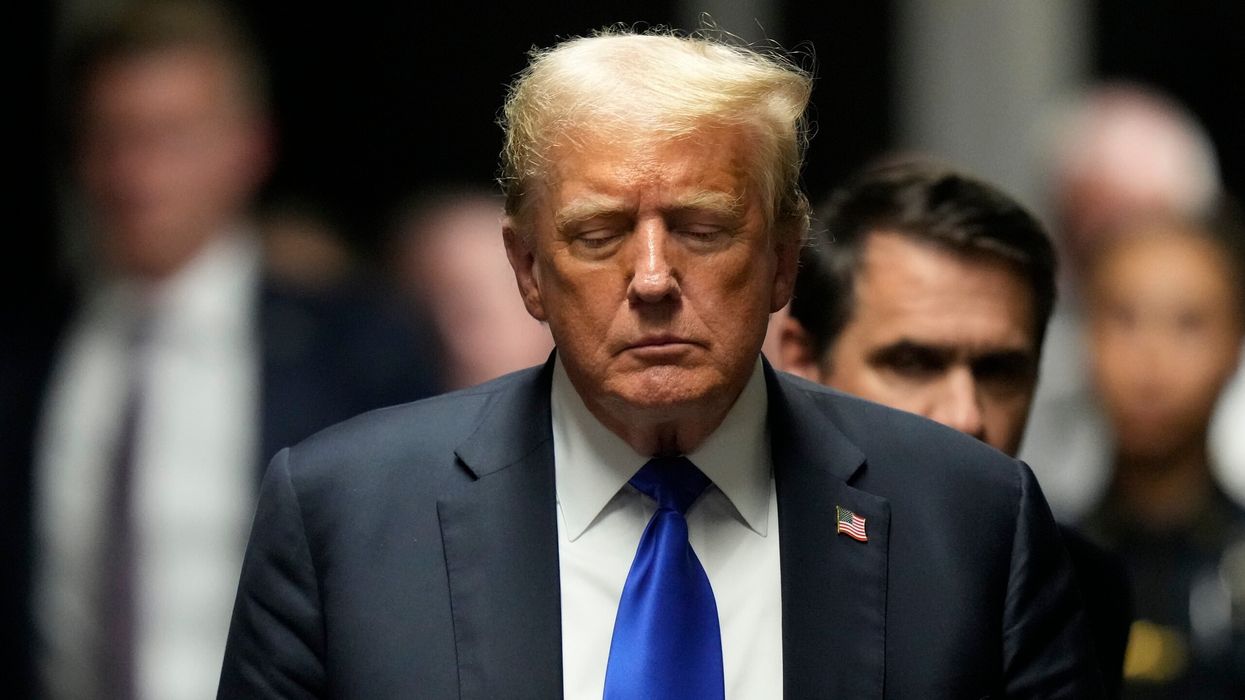US PRESIDENT Donald Trump has announced that the United States will impose reciprocal tariffs on India, China, and other countries starting April 2. He criticised the high tariffs imposed on American goods by several nations, calling them "very unfair."
Trump said the US will match the tariffs that foreign countries impose on American exports.
"Other countries have used tariffs against us for decades, and now it's our turn to start using them against those other countries. On average, the European Union, China, Brazil, India, Mexico, and Canada—have you heard of them—and countless other nations charge us tremendously higher tariffs than we charge them. It's very unfair," Trump said in an address to the Joint Session of Congress on Tuesday night, his first since beginning his second term.
He pointed out India's high tariffs on auto imports. "India charges us auto tariffs higher than 100 per cent," he said.
In February, Trump said his administration would soon impose reciprocal tariffs on countries such as India and China. He reiterated this stance, referring to his discussions with Indian prime minister Narendra Modi during the latter's visit to Washington last month.
Trump made it clear that India would not be exempt from these measures.
"China's average tariff on our products is twice... and South Korea's average tariff is four times higher. Think of that, four times higher. And we give so much help militarily and in so many other ways to South Korea. But that's what happens. This is happening by friend and foe. This system is not fair to the United States. It never was," he said.
He added that from April 2, reciprocal tariffs would come into effect. "Whatever they tariff us, other countries, we will tariff them. That's reciprocal back and forth. Whatever they tax us, we will tax them. If they do non-monetary tariffs to keep us out of their market, then we will do non-monetary barriers to keep them out of our market," he said.
Trump also claimed that these measures would bring in "trillions and trillions of dollars" and create jobs.
"I did it with China, and I did it with others, and the Biden administration couldn't do anything about it because there was so much money they couldn't do anything about it."
"We have been ripped off for decades by nearly every country on Earth, and we will not let that happen any longer," he said.
(With inputs from PTI)




